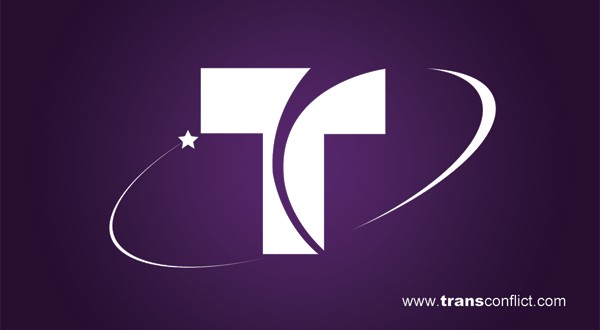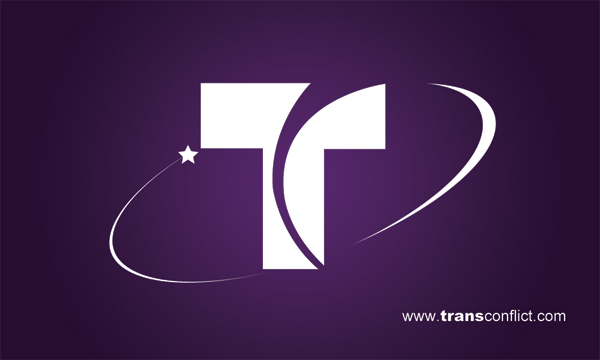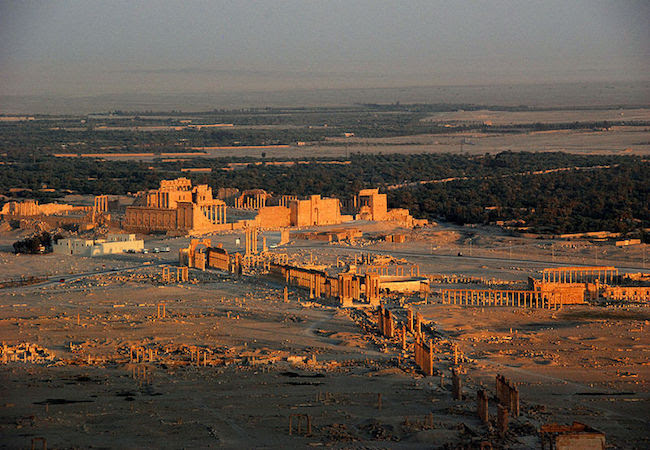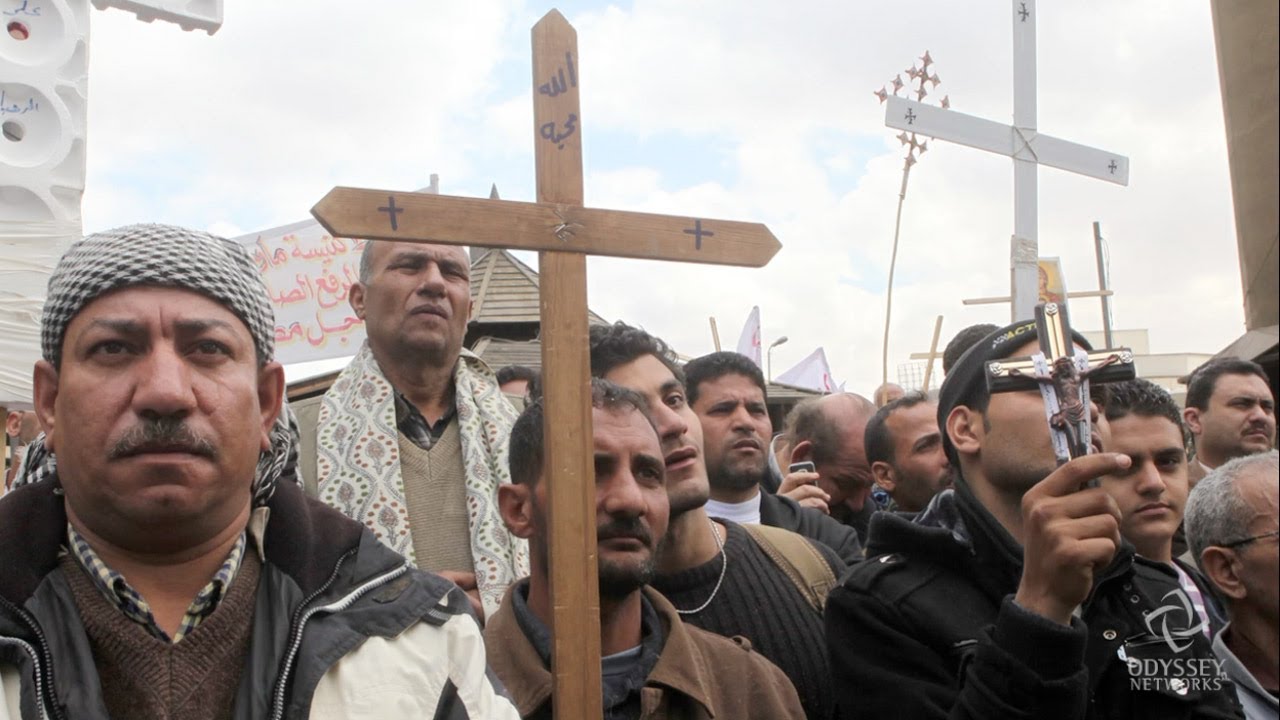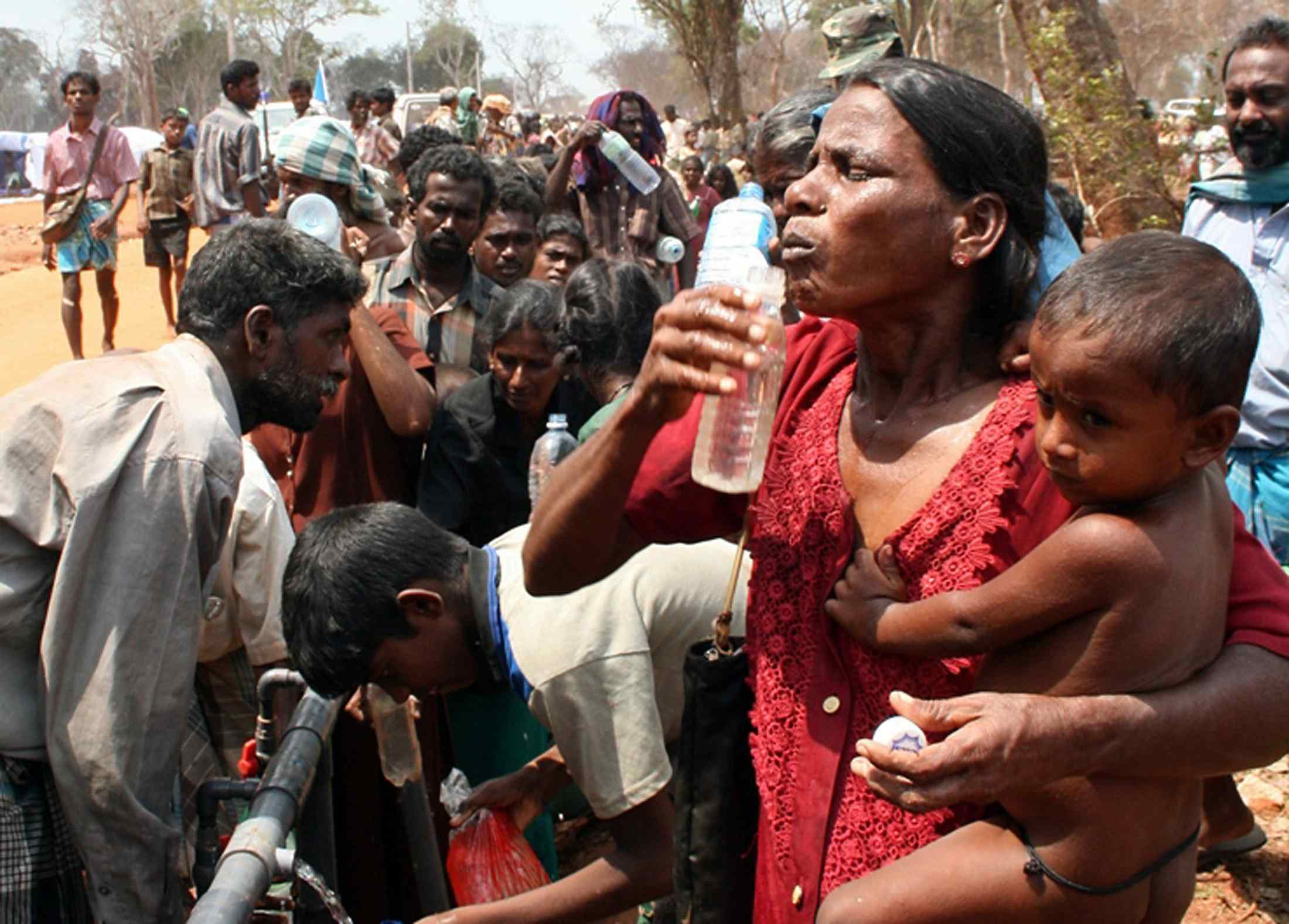December 2016 Review
TransConflict is pleased to present a selection of articles published during December, plus updates from the Global Coalition for Conflict Transformation.
| Suggested Reading | Conflict Background | GCCT |
1) The eighteenth GCCT newsletter
TransConflict is pleased to present the eighteenth Global Coalition for Conflict Transformation (GCCT) newsletter, showcasing the work of the GCCT and its members. Read on…
2) How to reform the United Nations
Matthew Parish – It is time for a new and streamlined structure for legal and institutional accountability across the United Nations and its specialised agencies. There is much work to be done. None of these problems are easy to solve. But solutions can be achieved. None of us have anything to fear from being held accountable, for the staff of the United Nations radiate with their own brilliance when they are permitted to stand as jewels in the night. The politics of the United Nations is due for fundamental change, and we have the tools at hand. We can and will apply them. Read on…
3) Syria – can the carnage be stopped?
Matthew Parish – State-building is never something to be undertaken lightly, by reason of the inherent dangers it always entails. But in some cases it is the least bad option, and Syria is a rare such case. State-building in Syria should not serve as a precedent for similar projects elsewhere. Syria is unique in its horrors and tragedies. But in so severe a situation, the most severe or remedies may be a necessary prescription. Read on…
4) The Israeli-Palestinian conflict – to where?
Dr. Alon Ben-Meir – Every day that passes, the conflict becomes more intractable and creates new facts on the ground that may well be irreversible. A two-state solution remains the only viable option as long as Israelis and Palestinians coexist. Their coexistence under the worst and best circumstances is not subject to change short of a catastrophe. Read on…
5) Palmyra – renewed dangers
Rene Wadlow – Syria and Iraq are home to some of the world’s first cities, a complex and unique meeting of states, empires and faiths. The protection of works of art and cultural heritage is an aspect of world law in which UNESCO is playing a leading role. Leadership must come from non-governmental organizations and the cultural sector to work unitedly and creatively to prevent the wanton destruction of humanity’s cultural heritage. Read on…
6) Iraq – where there are no solutions then where should we look?
Matthew Parish – If the international community does not act in tandem, through the medium of its vehicle of consensus, the United Nations, then there exists a very real prospect that Iraq degenerates into another proxy conflict, of the kind we have seen in Syria, potentially with no end. Read on…
7) The cataclysm of Haiti – what should the United Nations do next?
Matthew Parish – Funding solutions to the crisis in Haiti requires both ideas and innovation. That is why I support the fellowship work of UNHCR innovation and its sister partnership UNHCR ideas, and the wise leadership under whose custody those organisations function with a view to raising money not just from conventional sources but from miscellaneous private sector partners using cutting-edge contemporary means. Read on…
8) The persecution of Christians in the Middle East
Dr. Alon Ben-Meir – At the international level, any progress toward ensuring the protection of religious freedom and reducing discrimination against and persecution of religious minorities has been hampered by the failure of the United Nations. Read on…
9) Catastrophe in Burundi – the tragic human cost of political deadlock
Matthew Parish – The international community must face up to the Burundian crisis, because by common consensus it is on the verge of explosive reignition. By reason of complex current political upheavals, it is estimated that perhaps as many as 100,000 Burundian people are become refugees or displaced persons every month. Burundi is a catastrophe in the making, yet the world seems determined to look the other way. Read on…
10) Learning the lessons of transitional justice in Tunisia – a paradigm for global conflict resolution?
Matthew Parish – The United Nations High Commissioner for Refugees has a compelling imperative to establish preemptive measures in Tunisia now, using the funds available to it and calling upon funds at its further disposal. In this way, we may be able to prevent one further crisis erupting in the Middle East. Read on…
The Global Coalition for Conflict Transformation
1) Four new members of the GCCT
TransConflict is pleased to announce four new members of the Global Coalition for Conflict Transformation, from Rwanda, Somalia, Uganda and the UK, respectively. Read on…
2) The Civil Forum for Peace from Georgia
TransConflict is pleased to showcase the work of the Civil Forum for Peace from Georgia, a member of the Global Coalition for Conflict Transformation. Read on…
3) Five takeaways from the UN Committee Against Torture review of Sri Lanka
Sri Lanka Campaign for Peace and Justice – At this key moment, when so much hangs in the balance with respect to Sri Lanka’s justice and reconciliation process, this simply isn’t good enough. Unless the international community makes it clear to the Sri Lankan Government that the absence of progress thus far is unacceptable, and demonstrates a willingness to use its influence to address serious abuses committed by the state, the future of Sri Lanka’s fragile peace will remain in doubt. Read on…
4) Personal and political dimensions of peace – World Peace Forum in Brazil
Ludmila D. Andrade – Between 22-25 September 2016, the Schengen Peace Foundation organised the tenth edition of the World Peace Forum and most importantly, the second edition of the Youth World Peace Forum. The Forum took place in Florianopolis, southern state in Brazil, and it provided a platform where peacemakers from all around the world could come together and exchange experiences and best practices. Read on…
4) Personal and political dimensions of peace – World Peace Forum in Brazil
Ludmila D. Andrade – Between 22-25 September 2016, the Schengen Peace Foundation organised the tenth edition of the World Peace Forum and most importantly, the second edition of the Youth World Peace Forum. The Forum took place in Florianopolis, southern state in Brazil, and it provided a platform where peacemakers from all around the world could come together and exchange experiences and best practices. Read on…
5) Peace analysis-community peace pillars – an innovation on peace work
Kisuke Ndiku – Through consultation with other peace practitioners, a modular design has been created which aims to learn from communities by focusing on four critical aspects of peace. These four aspects are a) the historical context for community peace, b) social context of peace, c) community organs in peace; and d) community peace duty bearers, peace actors and peace stakeholders. Read on…

